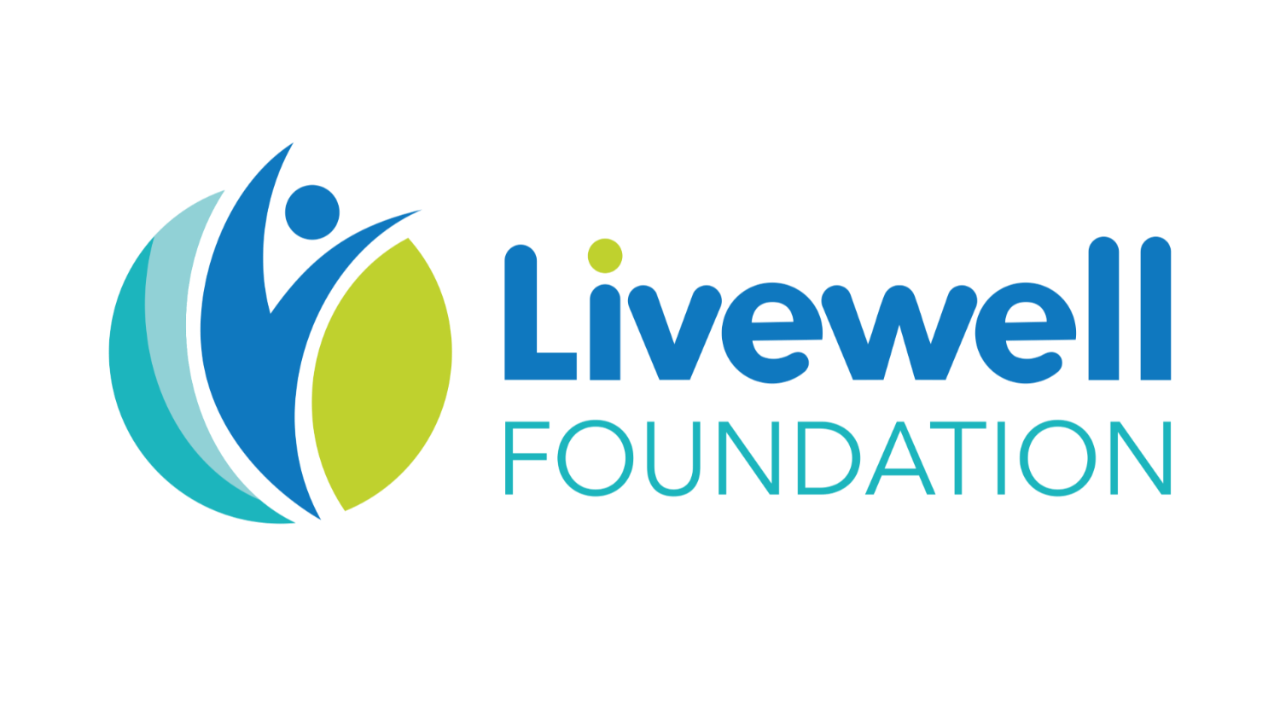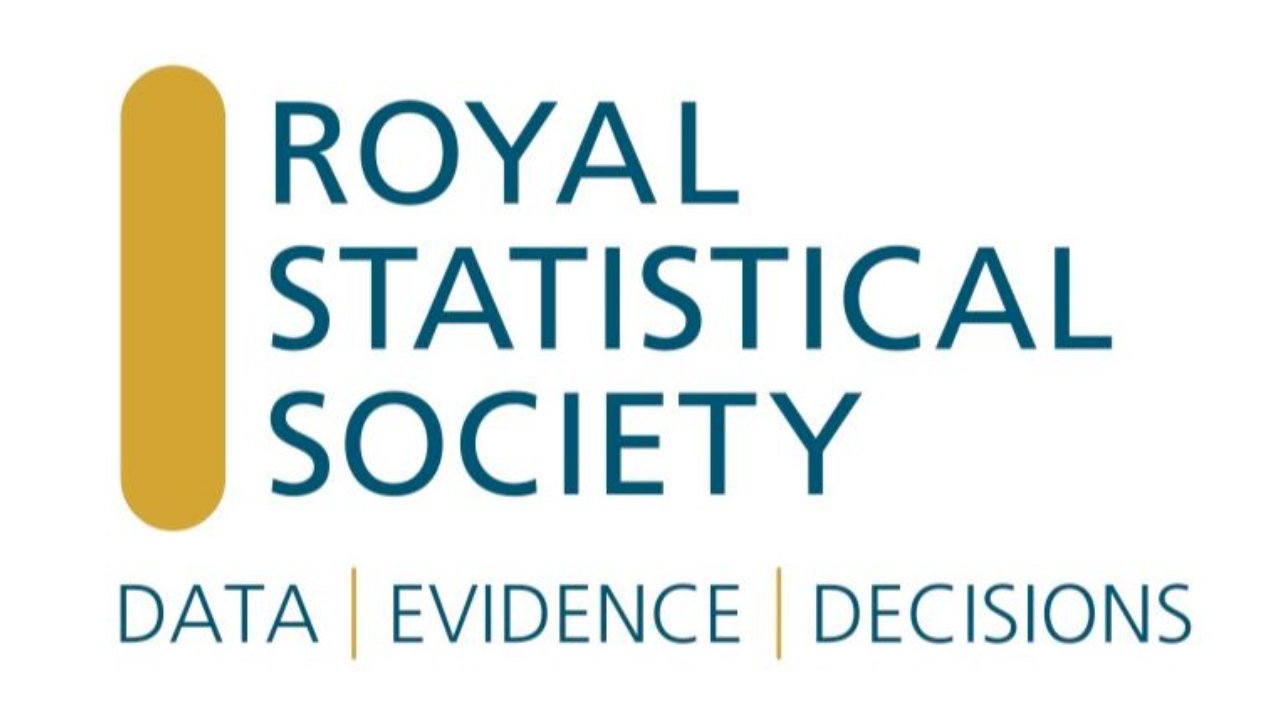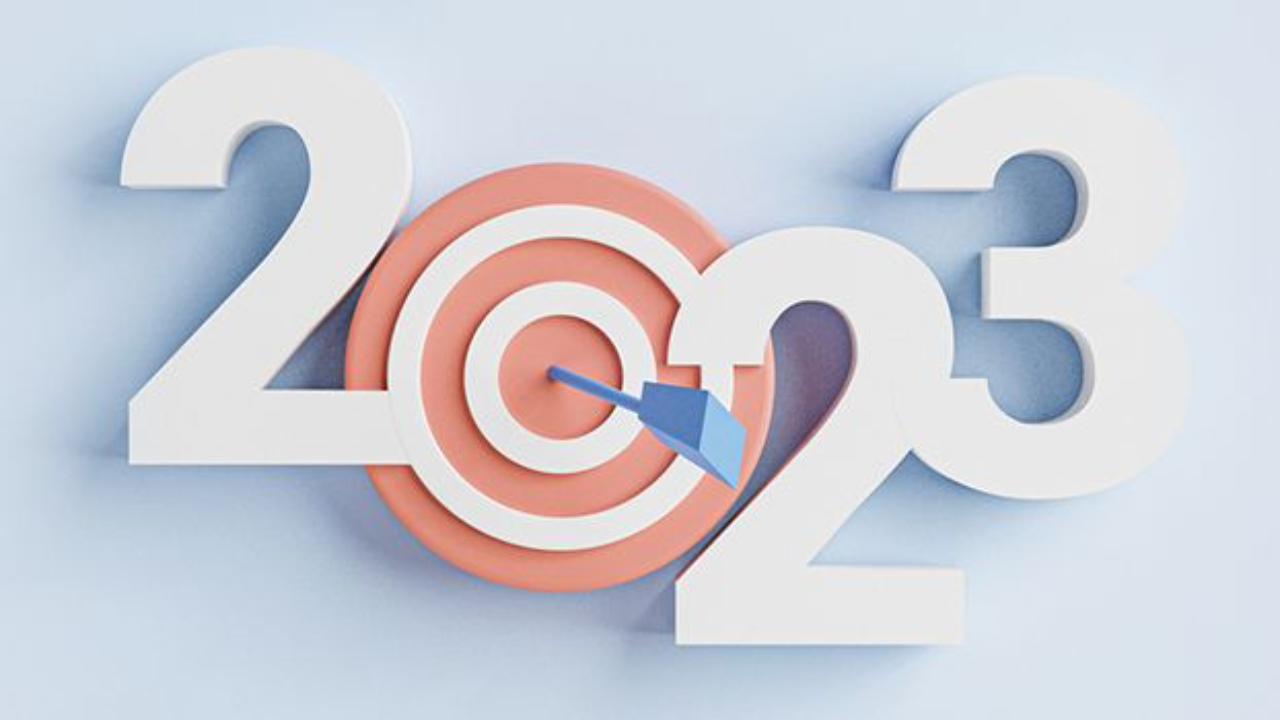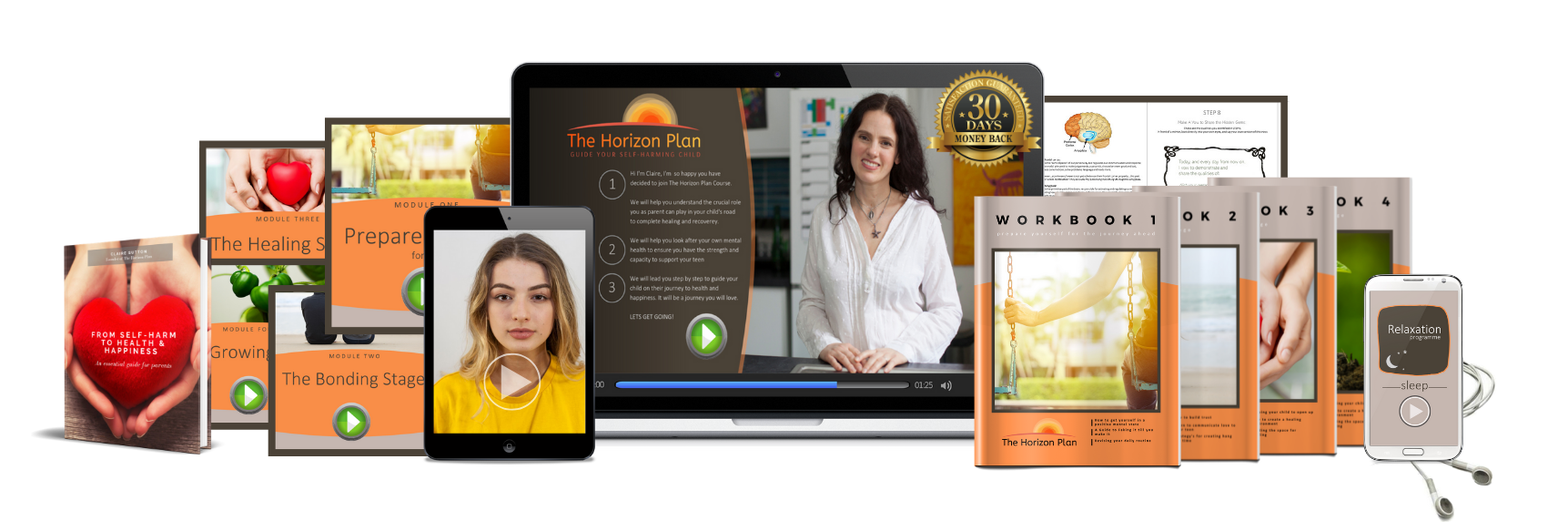We want to say a huge thank you to Focus Foundation!

We are incredibly grateful to have been funded by Focus Foundation. Thanks to their generous support, we are able to film, edit, and release Module 3 of The Horizon Plan!
The Horizon Plan is our free-to-access online course helping parents/carers better support a young person struggling with mental health. From lived experience, we recognise the key role that parents/carers can play in their child’s healing. The course is recommended by NHS trusts and NHS Recovery Colleges across the UK, including Devon Partnership NHS Trust: ttps://www.youthmentalhealthfoundation.org/onlinecourse
Following the huge success of Module 1, we are just about to launch Module 2, and we can’t wait to start filming Module 3 in 2024! We are extremely grateful for this opportunity to deliver this much-needed support to our growing community of parents and carers.
Our work to support families and young people struggling with mental health is only possible due to...
A massive thank you to The Allen Lane Foundation!

We are delighted to have been funded by The Allen Lane Foundation! Thanks to their generous funding, we are able to deliver all 18 sessions of our Zoom group for parents/carers supporting a young person struggling with their mental health.
The programme will support 30 young people in Torbay struggling with mental health, but not qualifying for CAMHs support, by equipping their parents/carers to support their mental and emotional health and healing.
We can’t wait to start this project in 2024 and are extremely grateful for this opportunity to deliver more support to families and young people in Torbay.
Our work to support families and young people struggling with mental health is only possible due to the incredible support of our generous funders - so a massive thank you to The Allen Lane Foundation from everyone here at the Youth Mental Health Foundation!
Are you a parent or carer living in Torbay supporting a young person...
A huge thank you to South West Water!

Thanks to the generous funding of South West Water, we are able to deliver the first six sessions of our Zoom group for parents/carers supporting a young person struggling with their mental health.
The programme will support 30 young people in Torbay struggling with mental health, but not qualifying for CAMHs support, by equipping their parents/carers to support their mental and emotional health and healing. We can’t wait to start this project in 2024 and are very grateful for this opportunity to deliver more support to families in Torbay.
Our work to support families and young people struggling with mental health is only possible due to the incredible support of our generous funders - so a massive thank you to South West Water from everyone here at the Youth Mental Health Foundation!
Are you a parent or carer living in Torbay supporting a young person struggling with mental health? Would you like to join our 18-session support group delivered via...
GREAT NEWS - Cornwall Council are funding us
WATCH THE VIDEO ABOVE
Yes - we've just heard that Cornwall Council want us to deliver our assemblies to build mental health resilience in school children in Cornwall.
Such great news and so desperately needed.
More info on our assemblies here: https://www.youthmentalhealthfoundation.org/believe-in-yourself-school-assembly
We're about to release Module 2 of HORIZON PLAN !
If you haven't yet enrolled on Horizon Plan, our free course for parents supporting a child or young person struggling with mental health, then you can do so here: https://www.youthmentalhealthfoundation.org/onlinecourse
We're Hiring: Young Workshop Leader

Job Description
- Age 16 – 25 years old
- Live in Devon, UK
- Confident, lively and would enjoy speaking to groups of primary school children.
- Passionate about mental health
- Interested in earning £15 per hour and have a morning per week available (or more)
This is a fantastic opportunity for a young person to help us deliver our assemblies and workshops in primary schools across Devon. You’ll visit each school with an adult workshop co-leader and participate in sessions to build mental health resilience in your young audience. See the job description below for more information and how to apply.
Job Description
Responsible to: Youth Mental Health Foundation (YMHF)
Hours of Work: Flexible according to applicant’s availability, during normal school hours (9am to 3.30pm)
Salary: £15 per hour
Location: Delivering workshops at schools across Devon
About Us:
The Youth Mental...
A huge 'thank you' to the Livewell Foundation

Everyone at YMHF want to say a huge, massive, super THANK YOU to the Livewell Foundation for supporting our work.
The Livewell Foundation provides financial support for the YMHF and other projects that will have a transformational effect on communities living in Plymouth and South West Devon by reducing social isolation, improving health and wellbeing, or preventing ill-health.
We simply couldn't do what we do without you!
A HUGE THANKS to the People's Postcode Trust

Joel and Jade just bounced back into the office, on a high after delivering another workshop at a school in Devon, UK.
Our work building mental health resilience in school children and running groups for parents supporting a young person struggling with mental health are ONLY possible because of the incredible support of our generous funders - like People's Postcode Trust!

YMHF is partnering with the Royal Statistical Society

We're delighted to announce our new partnership with the Royal Statistical Society.
They're a world renowned organisation, with over 10,000 members globally, boasting illustrious past members such as Florence Nightingale!
They're going to be working with us to examine the many research studies around children and young people's mental health, and we plan to produce a paper illustrating the value of our work, guiding parents and carers to support the healing of a child or teen who's struggling with mental health.
We're especially grateful to Adrian Lambourne - Consultant in Health Information and Statistics, who will be volunteering his time to work with us.
Exciting times...!
Looking Back over last year and Our Plans for 2023

We've had an AMAZING 2022 and are hugely excited about what's in store in 2023... so thought we'd post a ‘NEWS UPDATE’
Here we go…
Horizon Plan (online course)
We’ve finished filming and are now editing the 2nd module of the course which we plan to have online in Feb. We have 725 parents/carers learning from the course and can't wait to get you this next installment of guidance and support.
Horizon Plan (live course)
In August we won a contract from the charity Caring Town to deliver a program to support a group of 12 parents caring for a child/teen struggling with mental health. The funding given to us by Caring Town comes from a National Lottery Reaching Communities grant and has the potential to run for 3 years. Our team lead fortnightly evening sessions and the program has been so well received by the parents that Caring Town have now doubled our funding so we can also pilot a group to support parents of primary school children suffering with...

